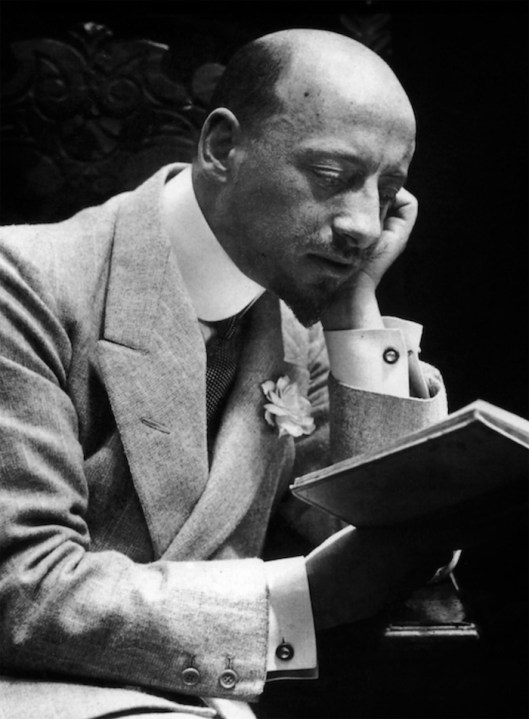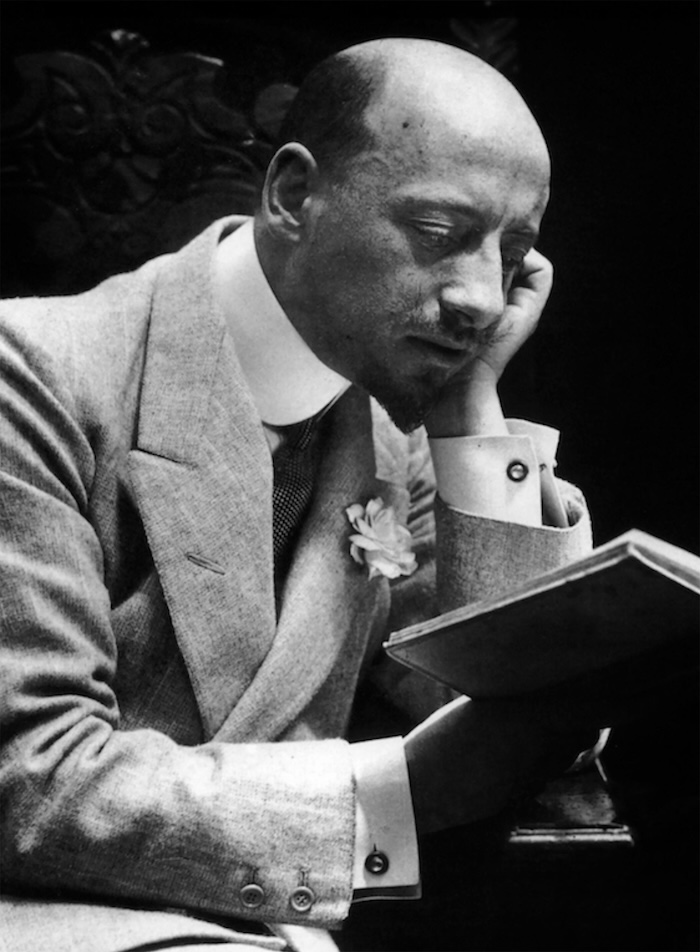The list of writer-politicians goes back as far as Julius Caesar, who wrote a robust account of his campaigns. More recently, Boris Johnson has published fiction, as has former culture secretary Nadine Dorries, although neither to much acclaim. Inevitably, the names on this list tend to be either minor politicians or minor writers. Often both.
In fact, if you’re in search of a major literary figure, who also made a significant contribution to the politics of their country, and even rose to be a ruler in their own right, there’s only one answer. That is the Italian author, soldier, womaniser, coke-addict and career egomaniac, Gabriele d’Annunzio, who briefly became dictator of his own tinpot state on the Adriatic coast.
Novelists in particular are often raging egotists
That episode, which took place a century ago, forms the highlight of Engineers of Human Souls, a compelling new book by Simon Ings about the corrupting effect of power on literary talent. In the case of d’Annunzio, of course, most of that corruption had already taken place. A shameless self-promoter, he boosted the success of his first book of poems by sending an anonymous postcard to a newspaper, claiming that he had died in a riding accident. The presumed tragedy inevitably led to a spike in sales.
The 5ft 4in author had such an appetite for women that one of his friends – the painter Romaine Brooks – suggested that, in heaven, he would be rewarded with ‘an enormous octopus with a thousand women’s legs (and no head)’. There were even rumours, albeit unsubstantiated, that the great man had had a rib removed.
By the time Italy entered the first world war in 1915, the 50-something d’Annunzio, who had published poetry, novels and plays, was hailed by some as his country’s most important writer since Dante. Not content with this lofty reputation, he now became a war hero by a combination of luck, courage and canny publicity stunts. When his plane crash-landed, he lost the sight in one eye, but emerged with his reputation enhanced. In the dying days of the war, he personally led a daring flight over Vienna to drop 50,000 leaflets bearing his self-penned propaganda on the growing glory of Italy and the futility of further resistance (in Italian, for some reason, although addressed to German-speakers).
A year later, the war was over and d’Annunzio was furious. Much of the territory he had expected Italy to receive in return for joining the Allies had been withheld. His dismay focused on the port city of Fiume (now Rijeka) on the coast of today’s Croatia. On 16 September 1919, he took matters into his own hands. Although groggy with the flu, he climbed aboard his Fiat Tipo 4, wrapped himself in rugs, and drove to the city. Italian soldiers flocked to join him. British, American and French forces, who had been in charge of the city, yielded to the inevitable.
In speeches from a balcony, the author roused the rabble. ‘Ecce homo!’ he declared, applying to himself the phrase with which Pontius Pilate presented Jesus. ‘In the mad and cowardly world, Fiume today is the symbol of liberty,’ d’Annunzio proclaimed sonorously. ‘In the mad and cowardly world, there is a single pure element. Fiume. There is a single truth. And this is Fiume.’
Remind you of anyone? In one of the most intriguing passages in his book, Ings points out some of the ways in which d’Annunzio inspired the young Benito Mussolini. It wasn’t just the balcony addresses. It was also the writer’s tendency to refer to himself as ‘Duce’ and to the Mediterranean as ‘mare nostrum’ (our sea). His supporters wore black shirts. He developed the so-called ‘Roman salute’, with arm outstretched and palm downturned. All these tics Mussolini would borrow. The d’Annunzio salute would also be adopted by the Nazis.
‘Though d’Annunzio was not a fascist, fascism was d’Annunzian,’ says his biographer, Lucy Hughes-Hallett. Like certain other charismatic right-wingers, the author himself always claimed to be neither right nor left. Yet this was true, insofar as he had no real programme. At Fiume, Ings wryly remarks, d’Annunzio was ‘like the dog who’s chased a car and caught it’.
Instead of governing, he made endless speeches, alternated poetry readings and firework displays, and threw a series of wild parties. Soon the city was awash with venereal disease, as well as the cocaine that was brought in by visiting pilots, who used the drug to keep themselves awake in the air. When he wasn’t speechifying from on high, d’Annunzio was canoodling with his latest girlfriend, the pianist Luisa Bàccara, and insisting, with strange fastidiousness, that the flowers in their bedroom were refreshed three times a day.
As the days went by, he became increasingly autocratic, calling for votes and then ignoring their results. Journalists and socialists found themselves expelled. It couldn’t last and it didn’t. Fifteen months after he had taken Fiume, the Italian army seized the city back, and the writer, realising the game was up, did a runner.
A lot of authors have a dictatorial streak. Novelists in particular are often raging egotists, obsessed with the creation of worlds over which they have total control. But many dictators also had a literary bent. Like Mao, Stalin was an accomplished poet in his youth. Mussolini, it turns out, wrote a pot-boiling period romance in his twenties, entitled The Cardinal’s Daughter.
No wonder the Duce so admired d’Annunzio – even if he eventually grew sick of him. When he learned of the writer’s death in 1938, Mussolini is said to have remarked, ‘At last’.







Comments